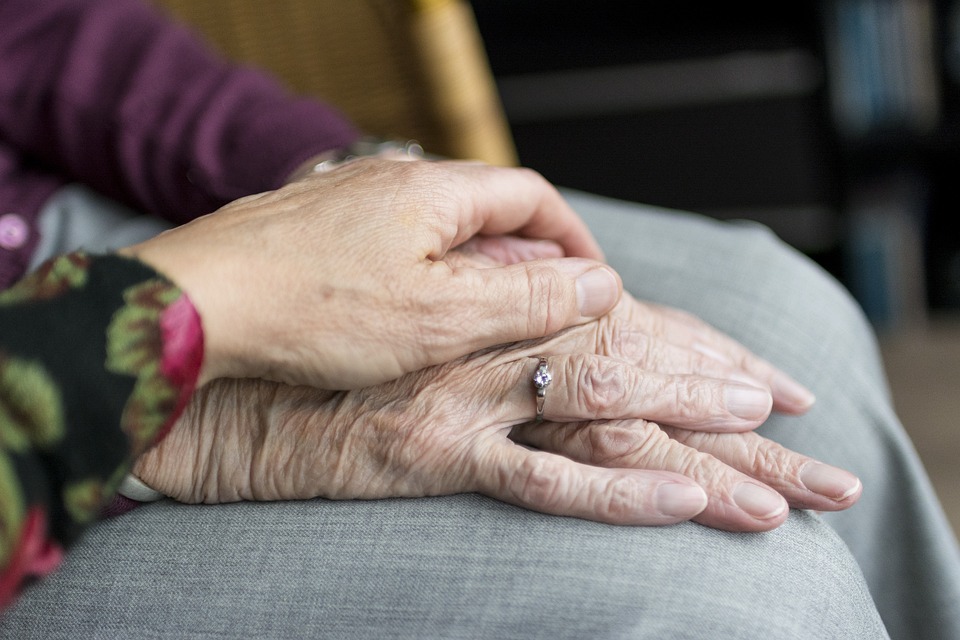Stillbirth experts warn that expectant parents need to know more about caffeine, as a new study from Tommy’s Maternal and Fetal Health Research Centre at the University of Manchester shows 1 in 20 women increased their intake during pregnancy, despite evidence that some caffeinated drinks can endanger babies’ lives*.
In the UK, 1 in every 250 pregnancies ends in stillbirth** (when a baby dies after 24 weeks gestation). Research has identified various things that can raise the risk of stillbirth, from a mother’s age and ethnicity to consumption of cigarettes and alcohol, but this study aimed to clarify the mixed evidence on caffeine – a key issue in a country where 80% of the population drinks coffee and the average person consumes 211.5 litres of (often highly caffeinated) soft drinks a year***.
Scientists from Tommy’s stillbirth research centre at the University of Manchester studied more than 1,000 mothers across 41 UK hospitals between 2014 and 2016. They combined information typically used to measure stillbirth risk with an interviewer-led questionnaire about mothers’ consumption of various caffeinated drinks, as well as other risk factors like alcohol and cigarettes that have confused previous studies, to see if and when stillbirth may have been linked to caffeine****.
When caffeine crosses the placenta, babies can’t process it like adults, and it can endanger their lives. Current NHS guidance is to keep daily caffeine intake below 200mg when pregnant, while the World Health Organization (WHO) cites 300mg as the safe limit. This new study reports a 27% increase in stillbirth risk for each 100mg consumed, suggesting that safe limits in these guidelines need to be reconsidered.
The Tommy’s team found an increasing relationship between caffeine consumption and stillbirth risk – and although most (54.5%) participants cut down on caffeine while pregnant, 1 in 20 actually consumed more during pregnancy, showing a lack of awareness about the caffeine content of certain drinks and/or the risks associated with high intake.
Energy drinks had the most impact, leading to 1.85x higher stillbirth risk, followed by instant coffee (1.34x) and cola (1.23x). Researchers noted that it wasn’t possible to separate the impact of caffeine from that of sugar in cola and chemicals like taurine in energy drinks, so more detailed investigation is needed.
The main source of pregnant women’s caffeine consumption was tea, but the study found this did not pose a significant risk as its caffeine levels are quite low (around 75mg per 350ml). Filtered or decaffeinated coffee, chai, green tea and hot chocolate were also shown to have no association with stillbirth.
Study author Prof Alexander Heazell, Tommy’s research centre director and professor of obstetrics at the University of Manchester, commented: “Caffeine has been in our diets for a long time, and, as with many things we like to eat and drink, large amounts can be harmful – especially during pregnancy. It’s a relatively small risk, so people shouldn’t be worried about the occasional cup of coffee, but it’s a risk this research suggests many aren’t aware of.
“Anyone planning to have a baby needs to know that consuming caffeine during pregnancy can raise the risk of stillbirth and other pregnancy complications, so it’s important to cut down as much as you can; the national guidelines should be the limit, not the goal, and the more you can cut down beyond that the better. Breaking habits can be hard, but little things like switching to decaf and swapping fizzy drinks for fruit juice or squash can really help reduce the risk. If you’re worried or confused, talk to your doctor or midwife, or use tools like Tommy’s caffeine calculator.”








